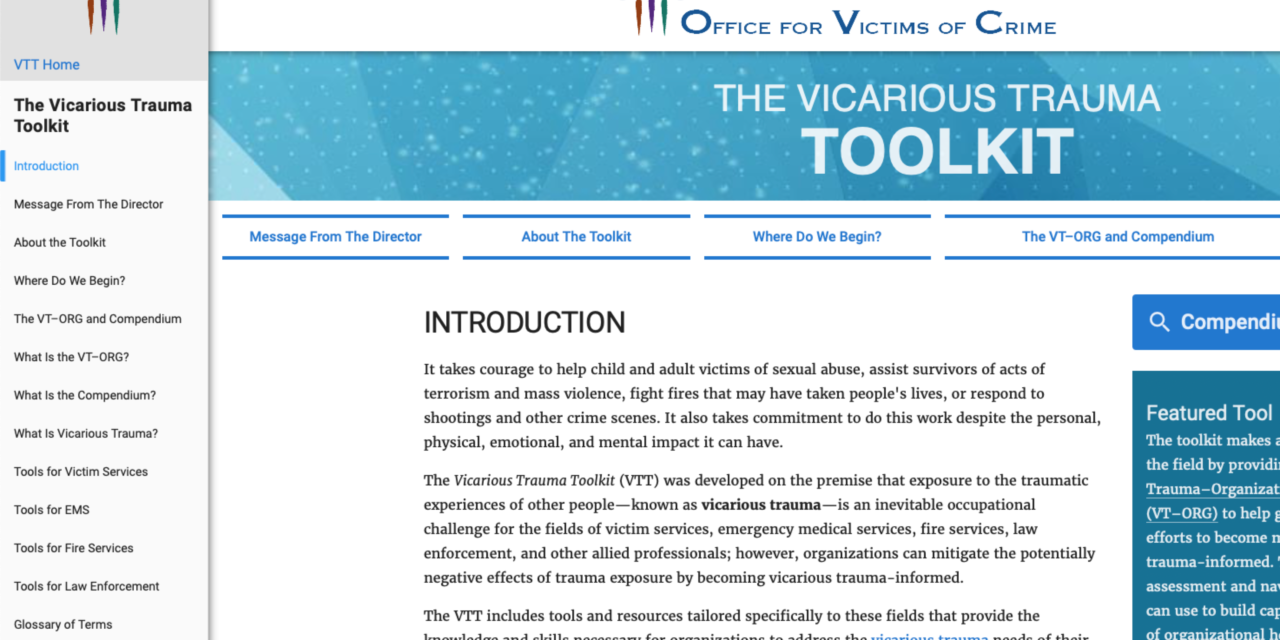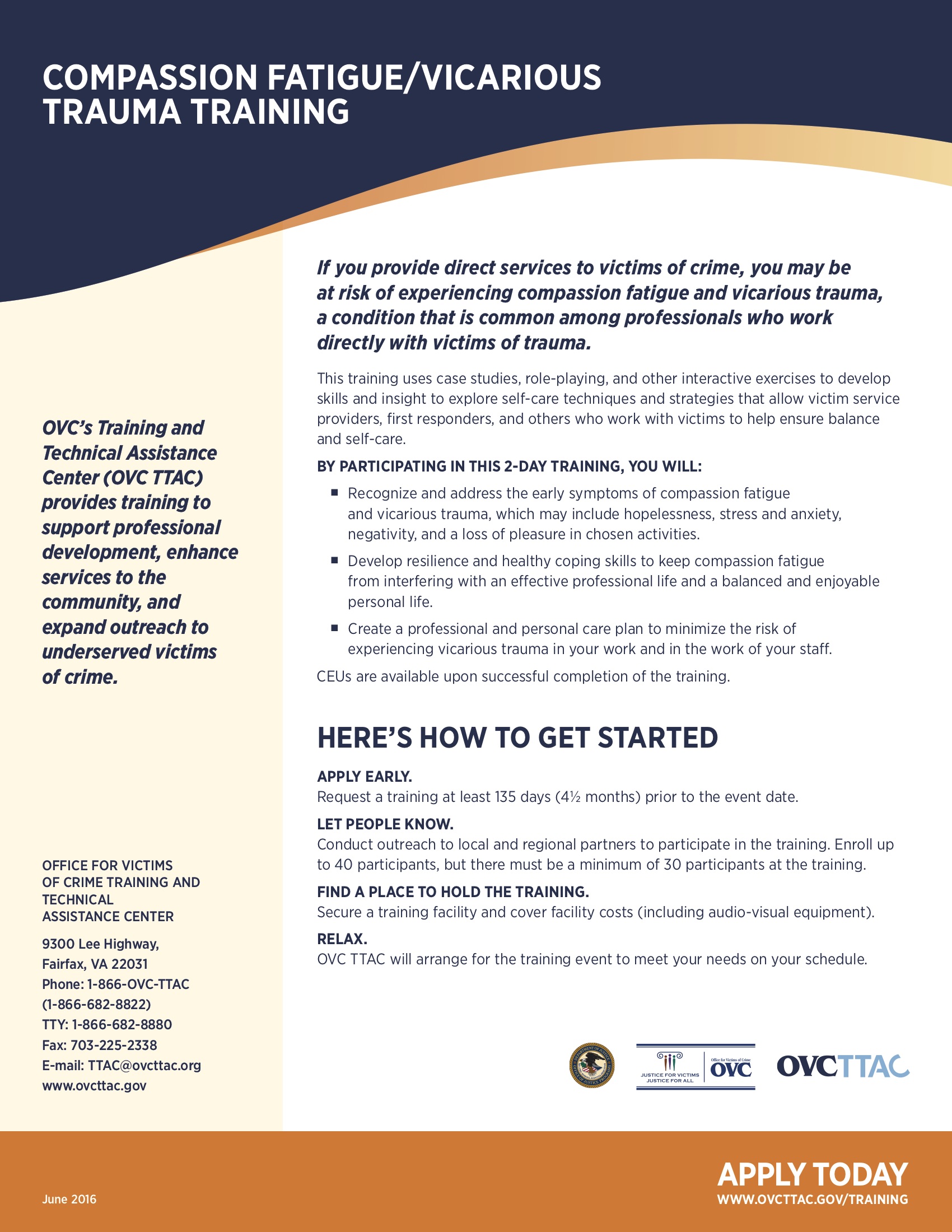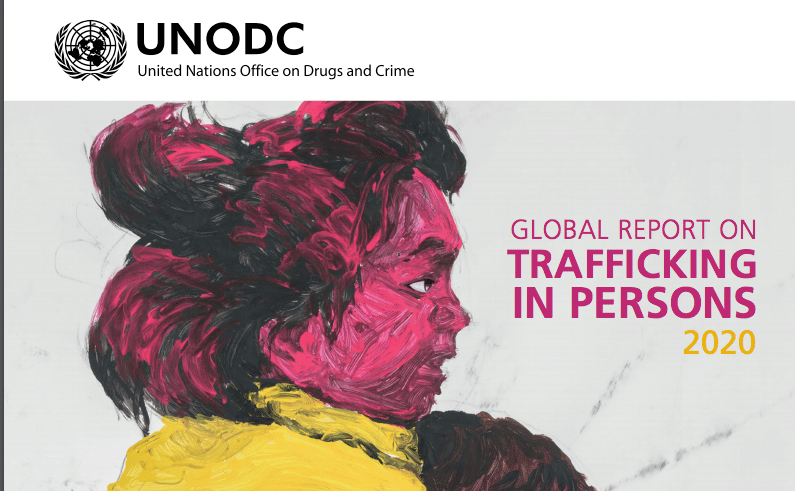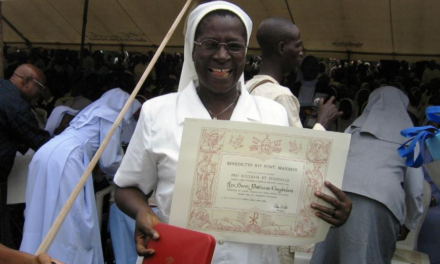Vicarious Trauma and Burnout
Given the emotional drain and intensive nature of human trafficking cases, everyone involved should take extra care in defining clear boundaries in assisting victims and taking sufficient time to maintain personal health.
Without proper sleep, exercise, nutrition, and occasionally time off, individuals working human trafficking matters can suffer a high degree of burnout. In short, in order to properly help victims, law enforcement and NGOs need to take care of themselves as well. Task force members can share protocols and training materials that will help partners to maintain their boundaries and their health, while still supporting trafficking victims.
Training Resources:
Compassion Fatigue/Vicarious Trauma TrainingThe goal of this blended-learning training is to identify the five individual elements of resiliency, and explore how they can be implemented in an organization through policies, supervisory techniques and training. The training on compassion fatigue explores self-care techniques.
The Vicarious Trauma Toolkit This is an online resource to assist professionals in addressing vicarious trauma needs for organizations and their staff.





























